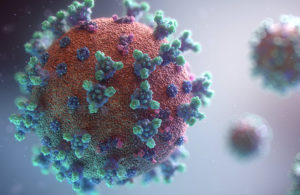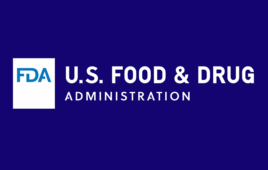
[Photo by Fusion Medical Animation on Unsplash]
The National Institutes of Health’s COVID-19 Treatment Guidelines Panel said in a statement released today: “There are currently no data from well-controlled, adequately powered, randomized clinical trials that demonstrate the efficacy and safety of convalescent plasma for the treatment of COVID-19.”
FDA commissioner Stephen Hahn already apologized on Twitter last week after heavy criticism for his statement that convalescent plasma donated by former coronavirus patients could reduce COVID-19 deaths by 35% — criticism that he acknowledged was justified. The FDA has taken heat over its decisionmaking as President Donald Trump pressures the agency for speedy approval of potential treatments such as plasma therapy.
The NIH advisory panel delved into available evidence from published and unpublished data on convalescent plasma for the treatment for COVID-19, including the FDA analyses that supported the EUA.
The FDA analyzed data on a subset of hospitalized patients from the Mayo Clinic’s Expanded Access Program (EAP), comparing outcomes in patients who received convalescent plasma with high titers of severe acute respiratory syndrome coronavirus 2 (SARS-CoV-2) neutralizing antibodies to outcomes in patients who received plasma with low titers.
The analysis “found no difference in 7-day survival overall,” according to the NIH panel.
The NIH advisory panel said health providers should not treat convalescent plasma as the standard of care for COVID-19 patients. It added that well-controlled, adequately powered randomized trials are needed to determine whether convalescent plasma is effective.
Anthony Fauci, director of the National Institute of Allergy and Infectious Diseases, told Bloomberg that he did not think the new advisory panel guidelines are a response to the FDA’s emergency use authorization for the treatment, describing the panel’s findings as “neutral” on plasma treatment.


